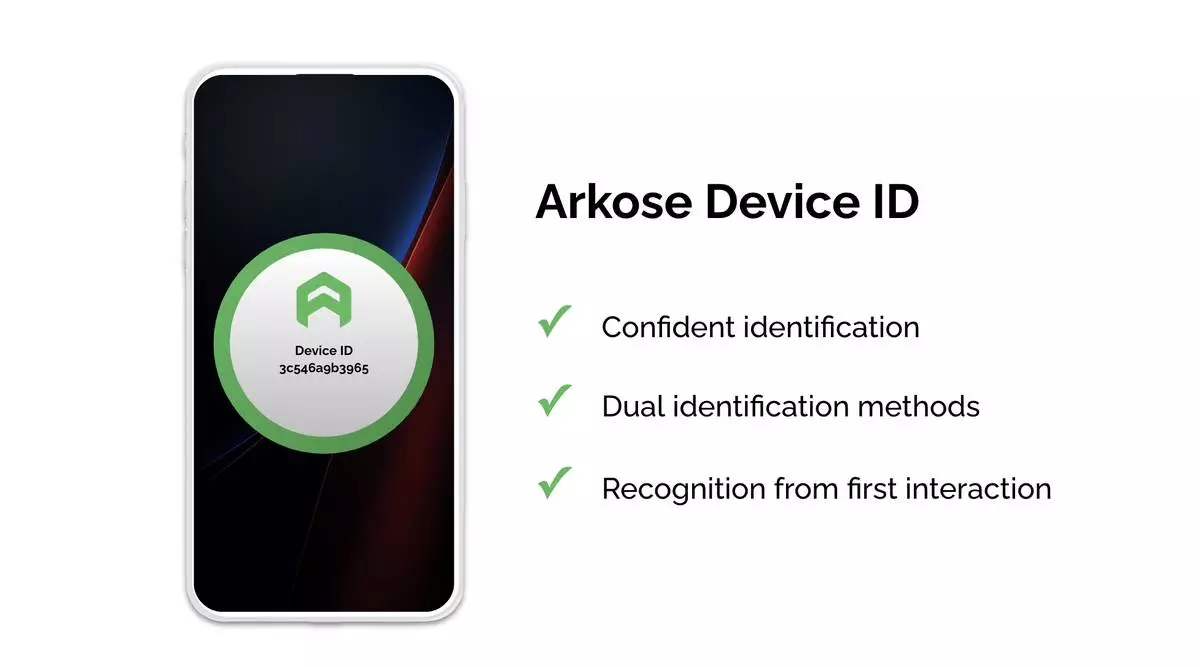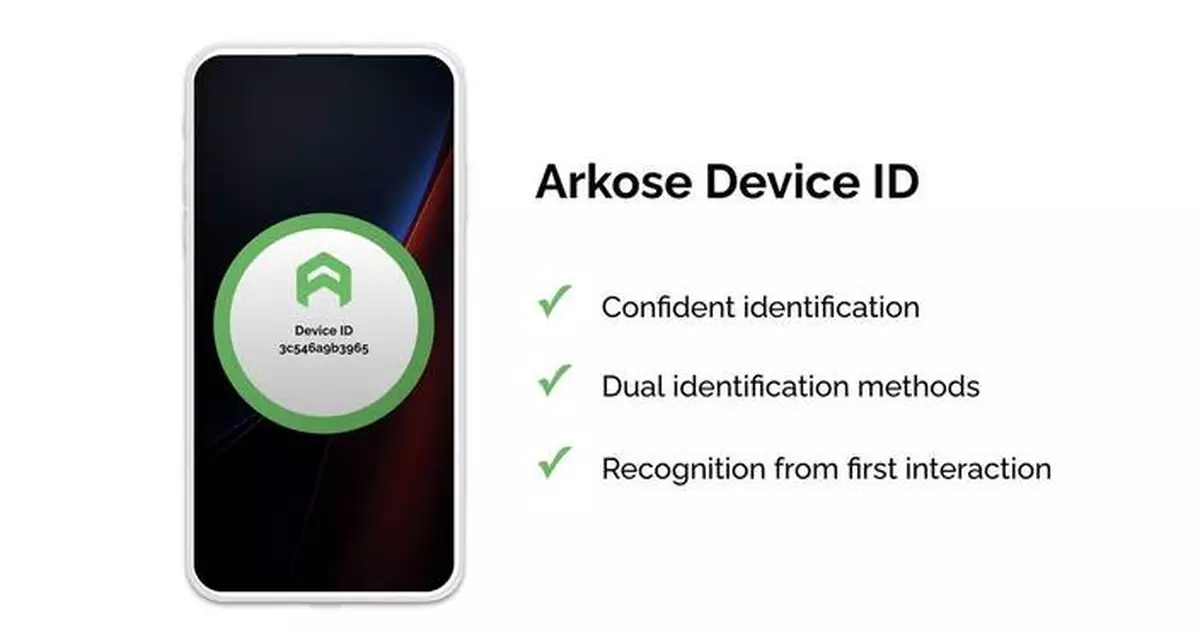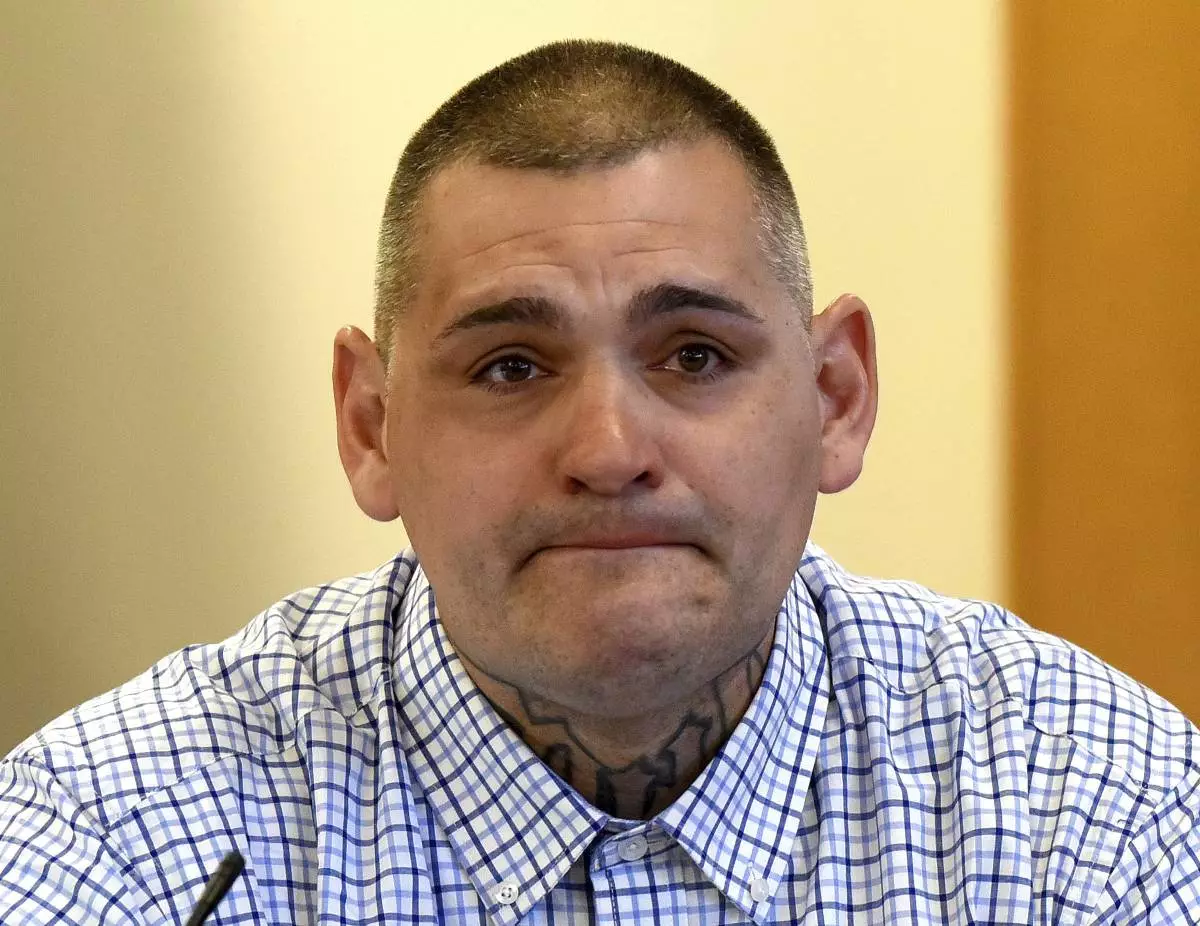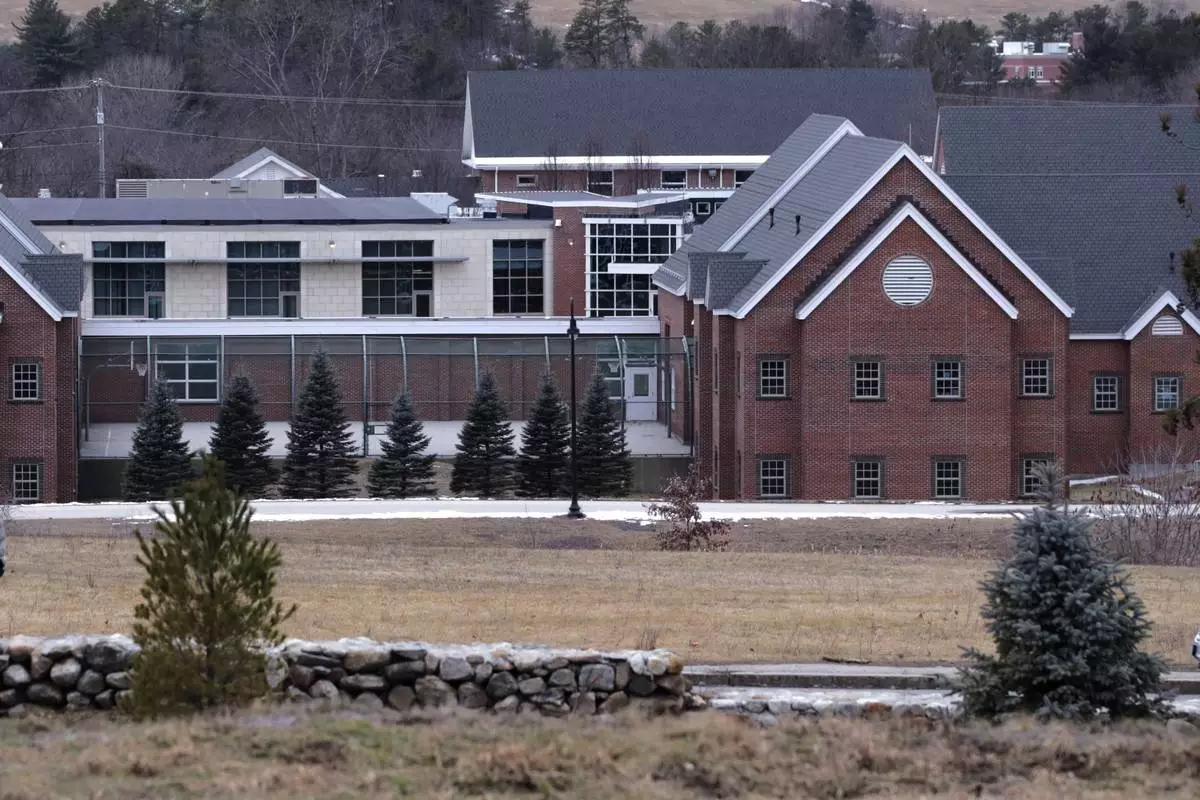SAN MATEO, Calif.--(BUSINESS WIRE)--Nov 19, 2024--
Arkose Labs, the leader in digital risk intelligence, enabling genuine users, mitigating bots and advancing fraud detection modules, today announced the launch of Arkose Device ID, a powerful device identification solution that raises the bar in fraud detection by combining precise device tracking with session-based risk signals and anti-spoofing technology. Arkose Device ID is designed to address the growing sophistication of cyber threats, which are impacting businesses globally with increasing frequency and intensity.
This press release features multimedia. View the full release here: https://www.businesswire.com/news/home/20241119554933/en/
In a new research report, Arkose Labs found that more than 70% of enterprises cite identity-based attacks—including fake account creation and account takeovers (ATO)—as their top security concern. Of these threats, 40% are AI-powered, underscoring the evolving tactics of attackers who continue to exploit vulnerabilities in traditional defenses. Arkose Device ID offers a resilient solution for businesses to proactively identify devices, track behavior and prevent attacks before they escalate.
“Arkose Device ID goes beyond traditional device fingerprinting,” said Vikas Shetty, head of product at Arkose Labs. “By leveraging session-based risk insights with unique identifiers and spoofing detection technology, Arkose Device ID allows organizations to recognize distinctive devices so they can distinguish between genuine users, bots and bad actors with unparalleled precision. Arkose Device ID helps prevent fraud before it can escalate and provides a seamless experience for legitimate users.”
Arkose Device ID stands out with its unique combination of stateless and stateful identification methods. Stateless identification leverages real-time telemetry and fingerprint data, while stateful identification stores an identifier directly on the user’s device, enabling unmatched tracking precision. Used together, these approaches ensure accurate, persistent and durable device identification that offers robust protection against fraud while minimizing user friction. By adding Arkose Device ID to the Arkose Labs’ platform, enterprises can assign unique device identifiers to all incoming traffic, gaining visibility into user behaviors tied to those devices from the first interaction—without requiring additional vendors or datasets.
An engineering leader at a fast-growing neobank recently remarked on the critical importance of this capability: “We’re really good at making sure that known fraudsters can’t keep targeting us with the same device, stolen identity or what have you. But we’re not as effective at catching them early on. That’s where device identification becomes crucial.”
Key benefits of precise, persistent and durable device identification include:
Arkose Labs’ award-winning innovation drives the continuous enhancement of its platform, providing the capabilities needed to tackle swiftly evolving threats. Along with Arkose Device ID, the company also is introducing today multiple high-impact features to streamline user experiences and strengthen customers’ resilience to automated attacks, offering more sophisticated detection signals than other vendors and improved mitigation strategies.
For more information on Arkose Device ID and other new capabilities, visit the announcement blog.
About Arkose Labs
The world’s most recognizable brands, including two of the top three banks, social media companies and tech titans, trust Arkose Labs to enable a seamless experience for genuine users and protect against online fraud, such as account takeovers, fake account creation and MFA compromise. Drawing on insights from our extensive cross-industry intelligence network—encompassing legitimate and attack patterns from the world’s leading companies—and enhanced by digital risk signals like email intelligence, behavioral biometrics and device profiling, we proactively neutralize bots and bad actors. We share comprehensive fraud detection intelligence with our customers to enhance and optimize their internal risk models. No one else provides more proactive support for internal security teams, actively takes down threat actor groups or excels like Arkose Labs in sabotaging the profitability of the most advanced, AI-driven attackers. Based in San Mateo, California, Arkose Labs operates worldwide with offices in Asia, Australia, Central America, EMEA and South America.


Arkose Device ID is designed to address the growing sophistication of cyber threats, which are impacting businesses globally with increasing frequency and intensity. (Graphic: Business Wire)












